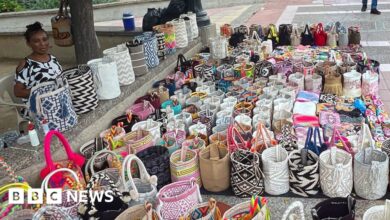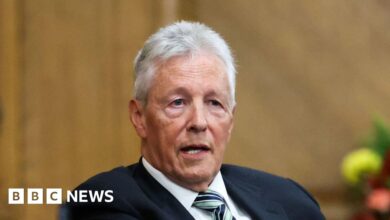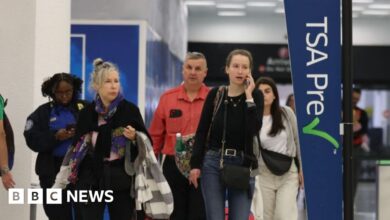Your most-read Scottish stories of 2020
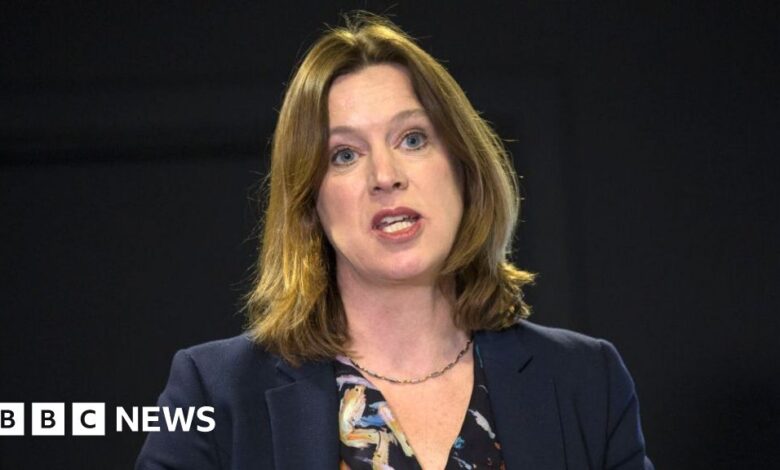
The BBC Scotland news website has looked back at our most-read stories of the year. This is the top 20 for 2020, with the ranking based on the number of page views.

1. Rail crash
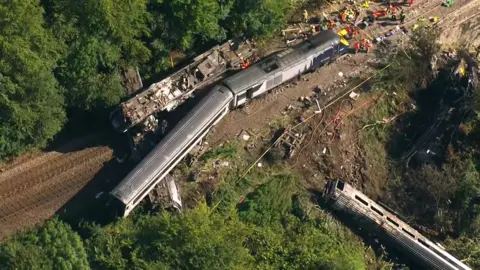
Three people, including the driver and a conductor, died after a passenger train derailed near Stonehaven in Aberdeenshire in August.
It was the first accident in the UK in which a passenger was killed on a train since 2007.
Driver Brett McCullough, 45, conductor Donald Dinnie, 58, and passenger Christopher Stuchbury, 62, died in the derailment, which happened as heavy rain and thunderstorms caused flooding across Scotland.
It took place when the 06:38 Aberdeen to Glasgow service struck a landslip 1.4 miles north east of Carmont.

2. Hotel stabbing
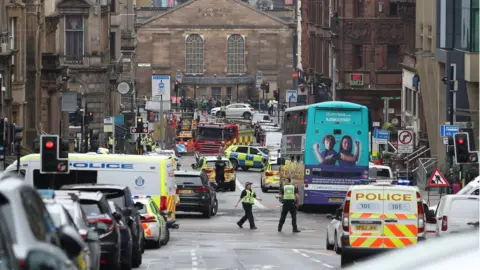 PA Media
PA MediaIn June, a man was shot dead by police after a stabbing attack at a hotel in Glasgow city centre.
Six people were stabbed – including a police officer – in the incident at the Park Inn hotel in West George Street.
The attacker – Badreddin Abadlla Adam – was shot dead by police.
The hotel was housing asylum seekers who had been moved there during the Covid lockdown.

3. Second wave closes pubs and restaurants
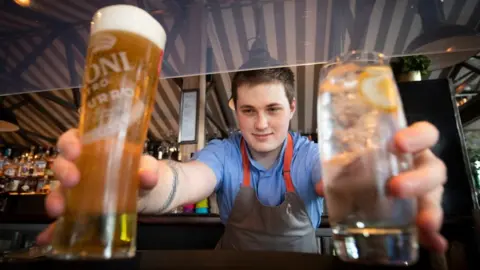 PA Media
PA MediaThe Covid pandemic has dominated the news for most of the year. The most-read single story came in October when a surge in cases led to harsh restrictions again being imposed on a large section of the central belt of Scotland.
All pubs and restaurants were closed across an area covering 3.4 million people, including Glasgow and Edinburgh.
At the time, combined with an existing Scotland-wide ban on visiting other households, these added up to the toughest combination of measures in place across any of the four UK nations.
First Minister Nicola Sturgeon said the restrictions were “intended to be short, sharp action to arrest a worrying increase in infection”.
They remained in place until the new levels system was brought in at the start of November.

4. Margaret Ferrier
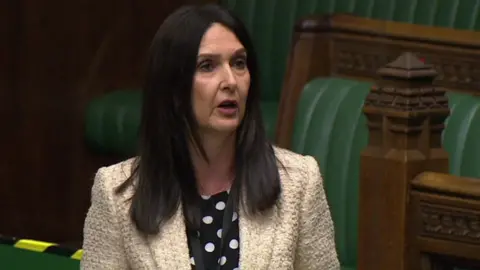
Rutherglen MP Margaret Ferrier attracted widespread dismay and condemnation in September when it was revealed she had travelled from Scotland to Westminster despite experiencing Covid symptoms.
She later returned home from London on the train after getting a positive Covid test result.
Ms Ferrier was suspended by the SNP and faced calls to resign as an MP.
SNP leader and Scotland’s First Minister Nicola Sturgeon said Ms Ferrier’s actions were “utterly indefensible”.
“It’s hard to express just how angry I feel on behalf of people across the country making hard sacrifices every day to help beat Covid,” she said.
Ms Ferrier remains an MP.

5. Social distancing shaming
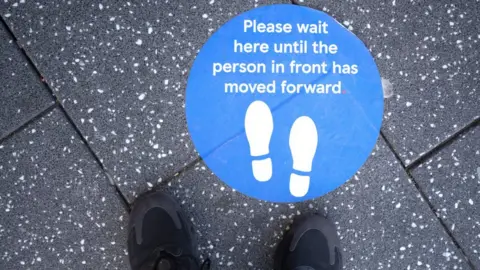 Getty Images
Getty ImagesIn April, just a couple of weeks into the Covid lockdown, people were still getting to grips with the new social distancing rules and stay-at-home messages which aimed to stop the spread of coronavirus.
We published a story showing how even those who were abiding by the rules were finding themselves experiencing social distancing shaming.

6. Catherine Calderwood breaks lockdown rules
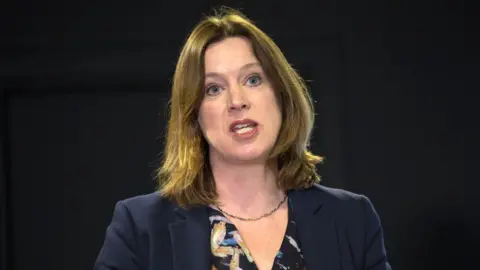 WPA/Getty
WPA/GettyAs the coronavirus spread through Scotland in March, Chief Medical Officer Catherine Calderwood was the face of the public information campaign designed to ensure people stuck to the new rules on social distancing and hand hygiene.
Less than two weeks into the Covid lockdown, the high-profile medic who had been urging the public to stay at home to save lives was found to have visited her second home.
A Sunday newspaper published photos of Dr Calderwood and her family walking across a golf course in Earlsferry, Fife, an hour from her Edinburgh home but close to her holiday home.
Dr Calderwood apologised for her actions and initially said she planned to continue in the role but she later confirmed she was standing down as the country’s chief medical officer.

7. Ban on meeting in houses
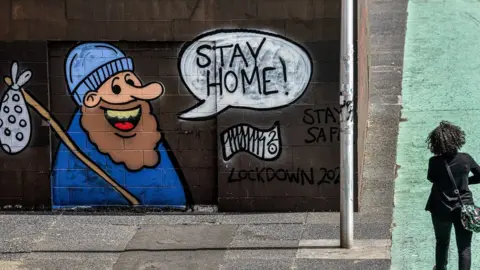 Getty Images
Getty ImagesThe number of cases of Covid in Scotland dropped to very low rates in August but by September they were creeping back up and new measures were needed to stop the spread.
More than 1.75 million people in Glasgow and some neighbouring areas were the first to have a ban on visiting other people’s homes.
On 23 September, First Minister Nicola Sturgeon extended the ban to all of Scotland.
Ms Sturgeon said the aim was to get the virus under control again before winter. She confirmed that Scotland would be following England in imposing a 10pm curfew on pubs and restaurants.
The ban on visiting other people’s homes has remained in place for most of Scotland since it was introduced at the end of September.

8. Nicola Sturgeon’s mask
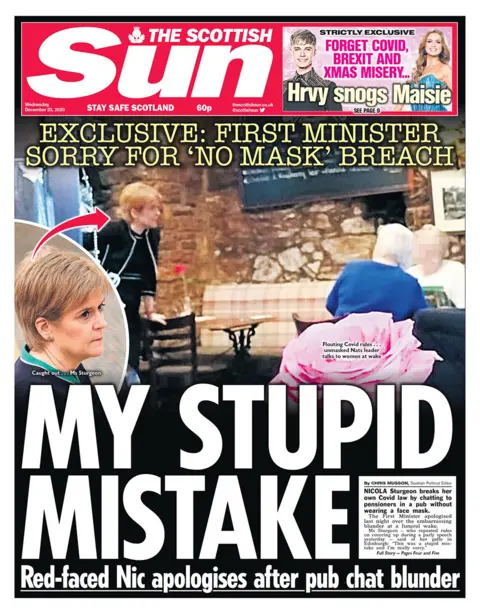 The Scottish Sun
The Scottish Sun
In December, Scotland’s first minister Nicola Sturgeon apologised for breaching Covid rules by taking her face mask off at a funeral wake.
She was attending a wake after the funeral of a Scottish government civil servant who died with Covid.
Ms Sturgeon had been wearing a tartan mask and is said to have taken it off briefly as she was leaving the venue.

9. Derek Mackay resigns
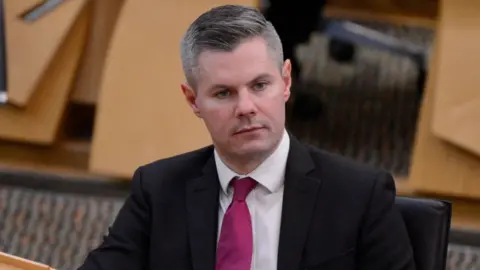 Getty Images
Getty ImagesDerek Mackay was a key member of the Scottish cabinet and had been tipped as a possible successor to Nicola Sturgeon.
As Scotland’s finance secretary, he was just hours away from delivering his budget in February when he resigned amid reports that he had repeatedly messaged a 16-year-old boy on social media.
It detailed allegations that the 42-year-old politician contacted the boy “out of the blue” in August of last year and sent about 270 messages on Instagram and through Facebook.
Mr Mackay said he had “behaved foolishly” and took full responsibility for his actions.
He was suspended from the SNP but remains an MSP.

10. Aberdeen lockdown
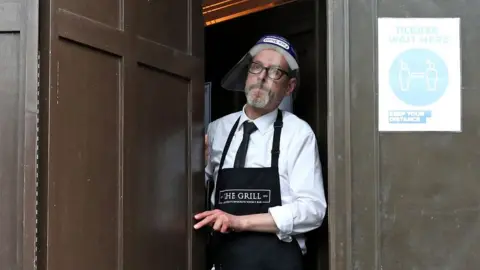 PA Media
PA MediaAfter three months of lockdown, cases of Covid-19 were very low in July.
NHS Grampian never had more than five cases a day during that month but at the start of August “clusters” began to appear in Aberdeen.
While the rest of Scotland remained opened for business, Aberdeen had lockdown restrictions re-imposed.
Pubs and restaurants were ordered to close and people were told not to travel to the city.
The 228,000 people in the council area were told they could no longer visit each others’ houses.

11. Torrential rain
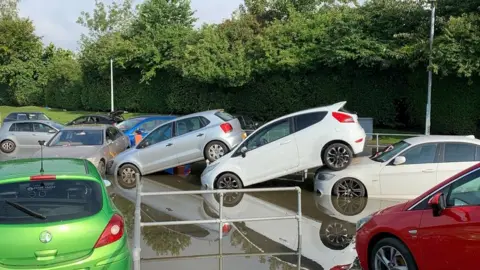 PA Media
PA MediaOn the same day as the Stonehaven train derailment, a major incident was declared down the east coast in Fife after torrential rain and thunderstorms overnight.
Emergency services said 28 people were rescued after a landslide at Pettycur Bay Holiday Park.
Caravans were evacuated and 218 people spent the night in emergency accommodation.
There were also flooding issues in Freuchie, Cairneyhill, Cardenden, Kinglassie, Culross and Lochgelly.
Staff at Victoria Hospital in Kirkcaldy discovered their cars under water when the site car park flooded.

12. Gail Porter’s story
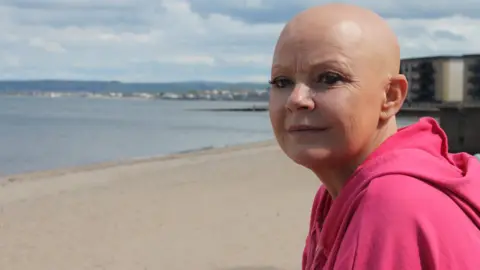
Scottish TV presenter Gail Porter spoke candidly in a documentary about her struggles with mental health.
She discussed the nude photo shoot for men’s magazine FHM, which was projected on to the Houses of Parliament in a now infamous publicity stunt, and how she had to deal with the backlash.
“It made me stay in bed for quite a long time,” she said.

13. Alex Salmond cleared
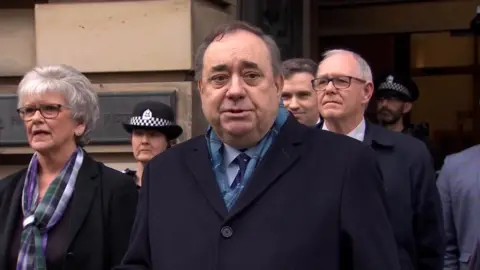
On the day that the first lockdown was declared at the end of March, the trial of Alex Salmond reached its conclusion.
Mr Salmond was cleared of sexually assaulting nine women while he was Scotland’s first minister.
A jury found the former SNP leader not guilty on 12 of the sexual assault charges facing him, while another was found not proven.
A further charge of sexually assaulting a 10th woman had previously been dropped by prosecutors.
Mr Salmond had said he was innocent of all the charges against him throughout the two-week trial.

14. Child neglect
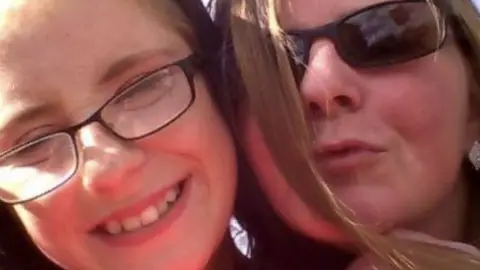 Glasgow Courts Press Agency
Glasgow Courts Press AgencyA mother who left her dying daughter at home while she went to a pub pleaded guilty to neglect.
Sharon Goldie claimed her child, Robyn, was “attention seeking” despite the 13-year-old begging for help.
When she returned home, Robyn was slumped on the sofa, having died from the effects of a perforated stomach ulcer.
The court heard the child had endured a year of wilful ill-treatment and neglect, including having to ask someone for £1 to buy food.
Goldie was later jailed for three-and-a-half years.

15. RAF jets intercept Russian aircraft
 © UK Crown copyright 2020
© UK Crown copyright 2020At the start of March, six RAF fighter jets were scrambled to intercept Russian aircraft as they approached British airspace.
The Russian bombers were tracked heading towards the north-west coast of Scotland.
It prompted the air force to deploy three pairs of Typhoons from its Quick Reaction Alert programme.
Two pairs left from RAF Lossiemouth in Moray, while the third flew from RAF Coningsby in Lincolnshire.
Flying in formation, two pairs approached the aircraft before withdrawing, while the third pair forced them to change course.
“This was a routine response to Russian aircraft approaching UK air space and was co-ordinated with several other Nato allies,” an RAF spokesman said.

16. Lockdown easing
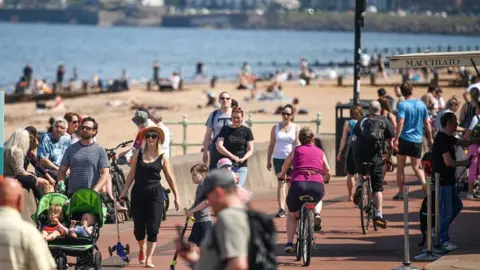 Jeff J Mitchell
Jeff J MitchellAs coronavirus raged in March, the UK went into a pretty strict lockdown in an attempt to suppress the virus.
At the end of May, after two months of lockdown, the Scottish government announced a “route map” out of the restrictions.
It was a phased approach that slowly allowed more activity as and when it was judged safe.

17. Results day
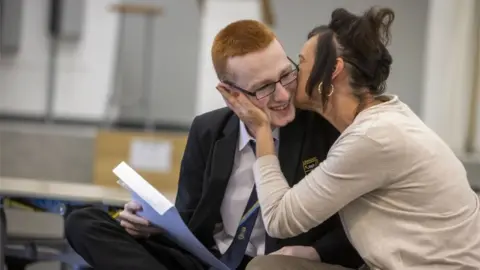 PA Media
PA MediaDue to the Covid pandemic, schools were closed for five months and exams were cancelled for the first time in history.
Results were worked out using estimates made by teachers based on the pupil’s performance over the school year.
However, a national moderation system meant that many pupils received lower grades than originally estimated.
The country’s exam body – the SQA – lowered 125,000 estimated grades – a quarter of the total.
They later reversed that decision and awarded the original teacher-estimated grade.

18. Level 4 lockdown imposed
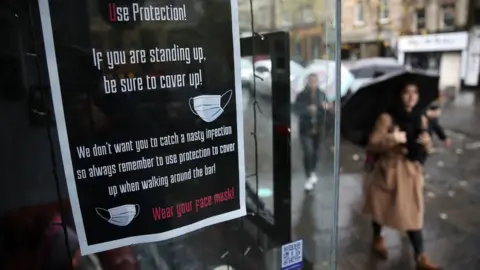 PA Media
PA MediaOn 17 November, 11 council areas across western and central Scotland, including Glasgow, were placed in level four for the first time.
More than two million people were now under Scotland’s toughest Covid lockdown restrictions, similar to the measures that were in place during the spring and early summer.
It meant non-essential shops, pubs, restaurants and gyms closed, although schools stayed open this time.
Making the announcement, the first minister said there were grounds for “continued and significant concern” about rates of the virus in all of the council areas that would be moving to the highest tier of restrictions.

19. Tighter restrictions on Scottish pubs
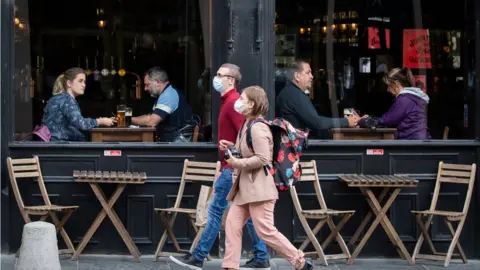 PA Media
PA MediaIn October, as cases of Covid rose, stricter measures began to be put in place.
The virus was spreading particularly quickly in the central belt of Scotland but First Minister Nicola Sturgeon had said there would not be a return to full lockdown.
The Scottish Sun newspaper reported on a series of documents apparently giving details of the new rules for the hospitality sector.
It became clear the Scottish government was about to announce stricter restrictions on licensed premises as part of efforts to slow the surge in virus cases in “hotspot” areas, such as the Greater Glasgow and Clyde, Lanarkshire, Lothian, Forth Valley and Ayrshire and Arran health board areas.

20. Young with Covid
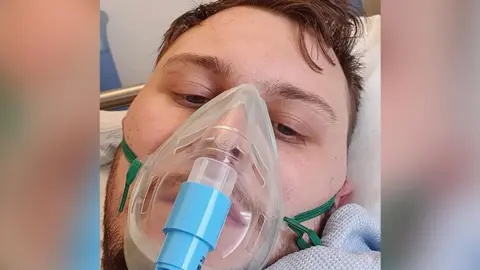 Calum Wishart
Calum WishartBack at the start of the pandemic, in early April, we featured the story of Calum Wishart, a 25-year-old who was recovering from Covid.
He called on young people not to underestimate the impact the virus could have.
Calum said that when news of the pandemic first broke his “naive arrogance” led him to believe he would be OK because he was young.
But within days of the lockdown he started displaying symptoms of the virus and was taken to hospital.
He described it as “the most horrendous experience”.

Source link


